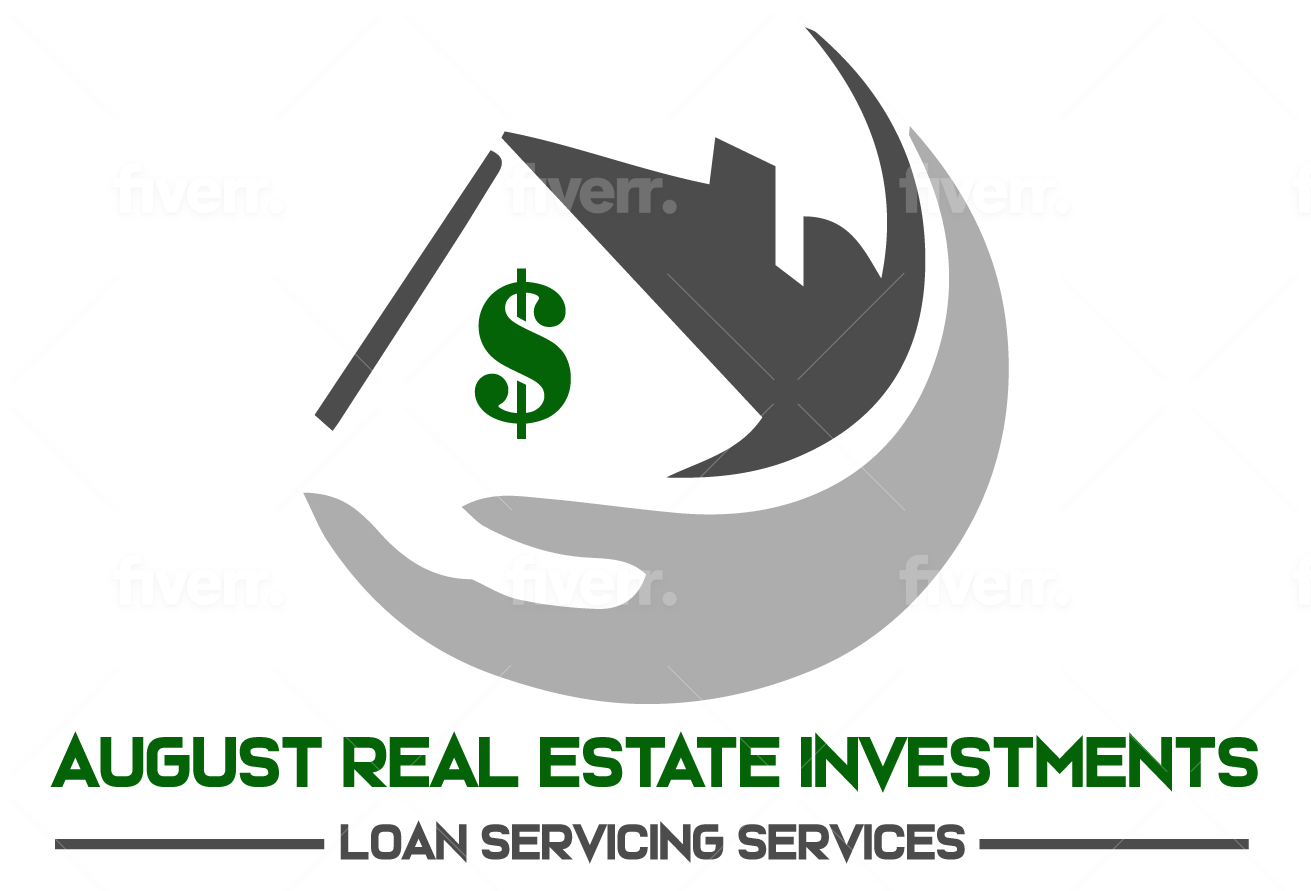July 18, 2019
3 Things I Wish I Knew Before Flipping A House
June 3, 2019 by admin Leave a Comment
Are you thinking about flipping a house? You’ve probably seen some of those HGTV shows that make flipping a property sound great and like it’s all going to be all candy canes and unicorns… Spoiler, it’s not candy canes and, from my experience, there are no unicorns either. But yes, when done correctly and carefully, flipping a house can be a great tool to make a chunk of cash that you can use to fuel your real estate business. So today, we’ll just talk about three things that I wish I had known before flipping a property.
A few things that I wish I had put a lot more thought into before starting the process, are these right here: What my holding costs are going to be, when to stop making improvements, and the amount of time that I’ll need to put into the project.
Holding Costs
Real estate holding costs are the costs an owner must pay on an investment property during the time they own it. We tend to focus on the cost to buy the asset and how much the rehab costs will be, but what are all the other costs associated with owning a property? You need to be aware of and make sure you factor into your numbers things like the interest that you’re paying if you borrowed the money, property taxes you’re going to be paying while you own the property, the insurance costs for the property, and your utility bills. All those bills are going to continue to run while you rehab the property, show the property to potential buyers, and while you are waiting for the property to close once you’ve found a buyer. When you add all of those things up, it can really be a big number that eats into your bottom line. So, keep those numbers in mind and make sure you factor them into your budget and you can get a better estimate of your costs before you start. There are usually always surprises when you flip a house, and you don’t want your holding costs to be one of them.
Don’t Over Rehab
The second thing to know is when to stop improving the house. You make a plan for what to do to the house, you start working on the house, and you fixed this one thing over here…Well, now there’s something else you want to fix…And then something else. There’s always going to be something else! You’re going to say things like, “Ah, but we could do this here.” Or, “Man, it would be really nice if this happened over there.” It’s a great idea, sure, but there’s always going to be one more thing. You really need to have a good plan going in and do your best to stick to that plan. Yes, there’s going to be surprises that you find that just need to be fixed, especially if its a safety issue or something along those lines. Those are things you’ll have to spend money on that are outside of your renovation plan. But as far as just adding something else to make it that little bit prettier, you really want to ask yourself, “Is it worth it?” Is it worth the time? Is it worth the cost? Are you going to see that dollar-for-dollar return for fixing that extra thing or is it really going to help you sell your house fast? You’ll want to do some research on the things that add the most value to a house and make sure that’s where you put your money. You always want to make sure that you are going to get back more than you put in. Some things that you may want to focus on are the kitchen, the bathrooms, and curb appeal.
Time Investment
Also, one thing that I think people don’t always account for is how much time you need to be there. Especially is it’s one of your first projects, you need to be on site or somebody on your team needs to be on site. At the very least, somebody should be checking on the project several times a week making sure everything is okay and making sure that people are there working on it. Make sure that the contractors know that you’re going to be present so that they make sure that they’re present at the project and continuing to work. It is best to check on the project every day, that’s not always possible, but it is possible to maintain good communication with anyone working on your house and consistently stopping by to get a first-hand look at the progress. If you are not present to make sure things are going as planned then it’s very possible that no one else is going to be making sure as well. I have seen it more than once where a property was left unattended and people with bad intentions took advantage of that and that’s obviously not something that you need while you’re working on your project.
So, three things I wish I knew before flipping a house:
Check out the holding costs, know when to stop improving the house and stick with your plan, and then really make sure that you have a good grasp on how much time you need to be there so you can plan to be present in order to give you the best chance of being successful.
I hope those things help you with your future ventures. Happy investing!
Nick Disney, Owner of Sell My San Antonio House
Filed Under: August REI Blog Tagged With: Don’t Over Rehab, flipping a house, Holding Costs, Time Investment
Choosing a Note Servicer (made easy!!)
September 22, 2018 by admin Leave a Comment

If you’re like many investors, you may find yourself in a situation where you are going to sell properties with owner financing (and hold the note) OR you might buy an existing note with plans on collecting monthly payments. In either case, you are going to need a quality, reputable note servicing company to help you with things like accurate payment and payoff statements, 1098 reporting, and annual escrow disclosures just to name a few. It’s important to grasp a few simple, yet critical steps in your search because note servicing companies are not all the same.
One of the best ways to find a solid note servicing company is to get referrals. Talk to people with experience in holding or buying notes and just ask: “Who do you like?”; “Why do you like them?”; “What worked smoothly and what were some of the headaches?”. Listening to these answers can give you a lot of insight into what it might be like if you choose to work with that company.
Keep in mind that different states may use different forms and/or processes – or may simply call them something different – so you may want to consider a local or regional note servicer. This may benefit you in cutting out some of the confusion and simplifying the process. Another benefit is that a servicer from the state in which the lien is filed may be more familiar with regulations specific to that state. Compliance issues are a headache you don’t want to encounter and a state specialized servicer familiar with regulations specific to that state will help guide you so that you stay on the “right side of right”. There can be a benefit to the homeowner also. Some homeowners will only feel comfortable paying their note in-person, at a local note servicing office. You might find it hard to believe but even in this age of advanced technology, this often still holds true!
Now once you have a note servicer that you would like to consider further, the key again is to ask questions: “Does this company work with small and large investors?” If a company only likes to work with large investors you may not get the same level of service as their larger clients. “What does the experience with their online system look like?” Is it user-friendly? Can necessary information, documents and statements be easily accessed and retrieved? “What does the customer service experience look like?” If someone needs to speak with a “live” person, is someone readily available and accessible? Do you have to jump through hoops just to get someone on the phone? What is the typical turnaround time to handle routine requests or inquiries?
Finally, you may want to ask if the loan servicer is an investor themselves. If they are, you may find this to benefit you as well. For example, many times an investor has a better feel for the needs and preferences of a fellow investor. They may be able to identify and anticipate potential red flags that they see in your process or documentation that will prevent problems for you in the future; they might also be very knowledgeable in the right and wrong things to do along with the proper timeline on which to do them; or they may be in a better position to offer you sound advice at the time you need it most.
In closing, make sure you put some time and effort into choosing your note servicing company. Ask for referrals from experienced investors. Ask for referrals from the note servicing company. Most importantly, make sure to listen well as a potential note servicing company answers your questions. A few simple steps can help get you on the right path to building a quality and beneficial relationship that can pay off for years to come!
— Nick Disney


